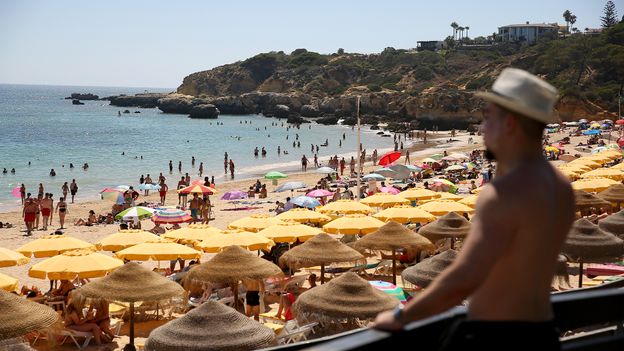“Locals are fed up,” said responsible tourism advocate Birgitta Spee-König. “These fines are signals that communities want to reclaim space. It’s not that tourists are worse – it’s more that the tolerance has gone. And it’s important to consider that not every fine is a crackdown: some are calls for respect.”
Anti-tourism and overtourism protests have been growing in Europe for years. While small measures – including legislation recognising the impact of unrestrained short-term lets on local communities –have come into play, these new fines are taking it further. Local authorities are recognising that they need to stand up for residents and are showing themselves willing to risk upsetting tourists to do that. It’s also a signal to holidaymakers that being away from home isn’t a free pass for doing anything you want.
“Fines won’t shift culture,” said Spee-König, noting that while they can work as a short-term measure, she doubts they can change behaviour in the long term. “Without better orientation, local governance and shared expectations, little will change. Destinations are homes, not playgrounds.”
It’s too soon to say if the new fines are working. Robert Allard, who runs Go2algarve, a specialist travel firm serving the Algarve, has noticed new surveillance cameras and an increased police presence in Albufeira’s nightlife areas. “Some people have been fined,” he said, “but at the same time, people are not really aware of the new rules, even though leaflets are available in hotel lobbies and posters are visible.”
Behaviour change campaigns take time to work, and one season won’t transform visitor habits. But the message is clear: sun, sand and sea are still on offer, but only to those who agree to enjoy them sensibly, sensitively and a little soberly.
—
If you liked this story, sign up for The Essential List newsletter – a handpicked selection of features, videos and can’t-miss news, delivered to your inbox twice a week.
For more Travel stories from the BBC, follow us on Facebook and Instagram.
